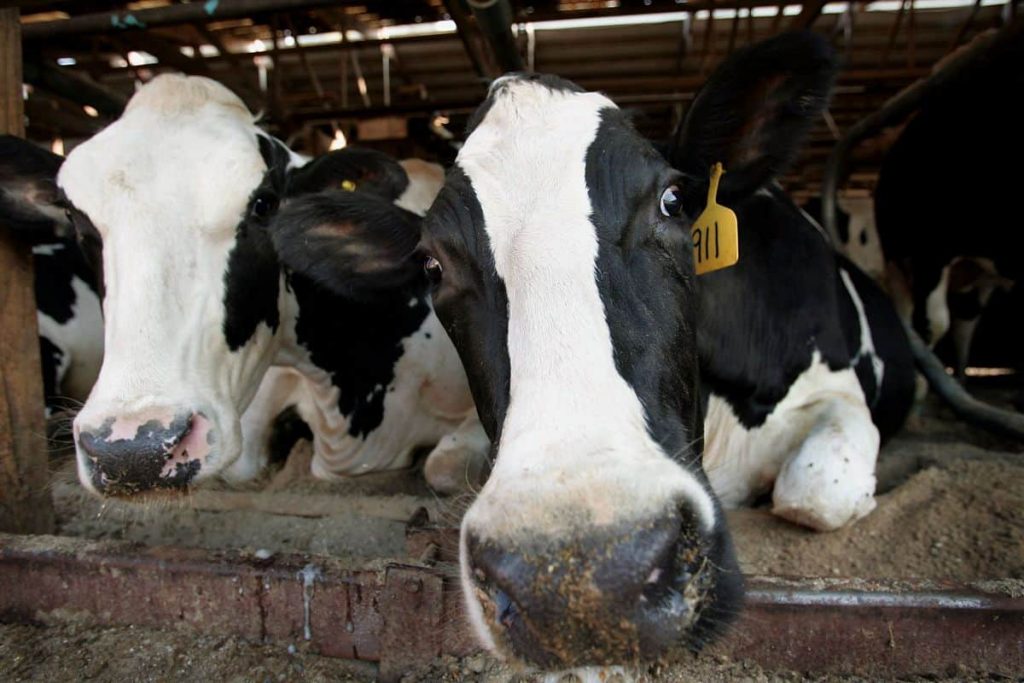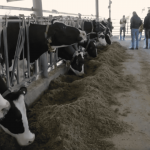
The Michigan Milk Producers Association and a Canadian Distillery are teaming up to make milk-based ethanol.
Asking a gas station clerk if they’ve got milk is about to take on an entirely different meaning in the Great Lake State. That’s because the Michigan Milk Producers Association (MMPA) is teaming up with a Canadian Distillery to transform the lactose-laden byproducts of the local dairy industry into ethanol fuel for vehicles.
The MMPA announced its new partnership with Dairy Distiller, an Ontario, Canada-based company known for their Vodkow line of spirits. Unlike other traditional forms of making Vodka, Dairy Distiller’s distillation process begins with a substance called milk permeate. This byproduct of the ultrafiltration process in dairy production is full of lactose, which is a natural sugar. Add some yeast into the equation to start fermentation, and you’re on your way to ethanol production. While the company generally turns the resulting neutral alcohol into one of their vodka products, the process eventually caught the attention of the MMPA. The organization produces some 14,000 tons of milk permeate at its Constantine, MI, facility annually, most of which is currently allocated as feed crop for livestock.

MMPA is constructing a $41 million ethanol fuel production plant at its Constantine facility, with a $2.5 million grant from the Michigan Strategic Fund. The plant will have the ability to produce around 2.2 million gallons of ethanol annually with the aforementioned supply of permeate, which will be blended into transportation fuel supplies. That’s enough juice to offset 14,500 tons of carbon emissions. The MMPA states that this milk fuel is slated to be the lowest carbon-intensity ethanol available, and states it should reduce its own carbon footprint by as much as five percent. Of course it is worth noting that dairy farming itself is a very carbon-intensive industry, accounting for around 2 percent of total U.S. emissions annually according to the American Dairy Association. Finding a productive use for industrial byproducts of any kind is a win, especially when that byproduct can fuel a backroad blast.























